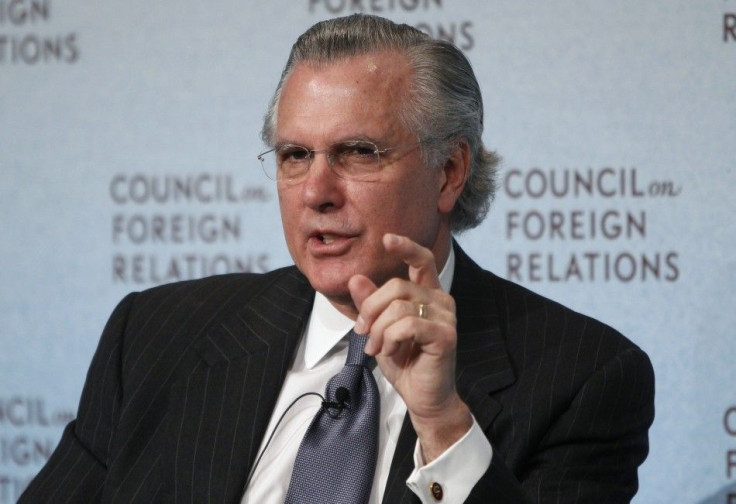FOMC 2011 Voting Members: The Hawks and Doves

US monetary policy is decided by the 12 members of the Federal Reserve Open Markets Committee (FOMC). These are some of the most powerful individuals in the world; they sway the global economy and financial markets by controlling the short-term interest rates of the United States.
In 2011, the Federal Reserve is at a critical juncture.
They can either expand their program of quantitative easing or go in the complete opposite direction and raise interest rates (or stay the middle ground by not expanding quantitative easing and not raising rates in 2011).
The FOMC must make some tough choices in the midst of unprecedented new territory and great uncertainties.
Eight members of the FOMC are permanent; they are Chairman Ben Bernanke, six members of the Board of Governors, and New York Fed Chief William Dudley.
Four of the seats rotate among the four blocks of the regional Federal Reserve branches: Boston & Philadelphia & Richmond, Cleveland & Chicago, Atlanta & St. Louis & Dallas, and Minneapolis & Kansas City & San Francisco.
Below is the composition of the FOMC in 2011, along with descriptions of the members’ leanings. (Members who favor raising interest rates and curtailing quantitative easing are known as ‘hawks’; while members who favor delaying rate hikes and expanding quantitative easing are known as ‘doves.)
Ben S. Bernanke, Board of Governors, Chairman – Permanent
-Bernanke is dovish.The biggest focus of his academic career was the causes of the Great Depression. His conclusion was that the Federal Reserve was too hawkish. When he presided over the Fed during the financial crisis, analysts speculated that he erred on the side of too much stimulus in his determination to not cause a second Great Depression.
Janet L. Yellen, Board of Governors – Permanent
-Yellen is dovish. She is concerned about the weakness of the jobs market and economy and believes the Fed should address those issues with monetary stimulus.
Kevin M. Warsh, Board of Governors – Permanent
-Warsh was known as a hawk and voiced doubts over the Fed’s second round of quantitative easing. However, he is expected to resign soon. Moreover, analysts speculate that President Barack Obama will replace him with someone more dovish.
William C. Dudley, New York, Vice Chairman – Permanent
-Dudley is dovish. He wants to make sure the US economy is on a self-sustaining recovery before raising rates.
Charles L. Evans, Chicago – Rotating
-Evans is dovish. He supported the Fed’s second round of quantitative easing and is currently cautious in his outlook of the US economy.
Richard W. Fisher, Dallas – Rotating
-Fisher is hawkish. He essentially stated, publically, that he would vote against another round of quantitative easing. Fisher also claims that foreign buyers of US Treasuries (like China) are highly concerned about quantitative easing.
Narayana Kocherlakota, Minneapolis – Rotating
-Kocherlakota is dovish and currently cautious about the US economic outlook.
Charles I. Plosser, Philadelphia – Rotating
-Plosser is hawkish. On March 25, he gave a speech titled “Exit,” in which he outlined how the Federal Reserve will exit from its extraordinary level of liquidity. He thinks the US economy is recovering well enough for the Fed to begin to talks of raising interest rates.
Elizabeth A. Duke, Board of Governors – Permanent
-Duke is mostly involved with the regulatory duties of the Federal Reserve.
Sarah Bloom Raskin, Board of Governors – Permanent
-Raskin is mostly involved with the regulatory duties of the Federal Reserve.
Daniel K. Tarullo, Board of Governors – Permanent
-Tarullo is mostly involved with the regulatory duties of the Federal Reserve.
Peter Diamond, Board of Governors – Permanent
-Diamond is not confirmed yet, so he currently does not have a vote.
Email Hao Li at hao.li@ibtimes.com
Click here to follow the IBTIMES Global Markets page on Facebook
Click here to read recent articles by Hao Li
© Copyright IBTimes 2024. All rights reserved.











